Tax cheats fuel right-wing extremism around the world
Follow the money


Another day, another gigantic leak about how oligarchs the world over are abusing the global financial system to hide billions of dollars. This latest report, dubbed the "Pandora Papers," is based on 2.94 terabytes of data somehow obtained from 14 different "offshore service providers" and leaked to the International Consortium of Investigative Journalists, which shared them with many other publications. Some 600 journalists have been poring over the data for months, and now the results have been published at the ICIJ, The Washington Post, The Guardian, and other publications.
Aside from exposing a small portion of the global oligarchy's dirty laundry, this reporting is a rare window into how the systematic corruption of the global financial system fuels right-wing extremism around the globe.
On one level, the leaks have the usual assortment of wealthy people engaged in sordid schemes to hide their money from the tax man or public scrutiny, or conceal outright criminality. The people described include "130 Forbes billionaires, as well as celebrities, fraudsters, drug dealers, royal family members, and leaders of religious groups around the world," write the ICIJ reporters. The Post reports that several states, particularly South Dakota, have become quite similar to these offshore tax havens: "Perhaps the most troubling revelations for the United States, however, center on its expanding complicity in the offshore economy. South Dakota, Nevada, and other states have adopted financial secrecy laws that rival those of offshore jurisdictions."
Subscribe to The Week
Escape your echo chamber. Get the facts behind the news, plus analysis from multiple perspectives.

Sign up for The Week's Free Newsletters
From our morning news briefing to a weekly Good News Newsletter, get the best of The Week delivered directly to your inbox.
From our morning news briefing to a weekly Good News Newsletter, get the best of The Week delivered directly to your inbox.
But the leak also involves more than 330 politicians, including 35 current and former national leaders — like Russia Vladimir Putin, Jordan's King Abdullah, the Czech Republic's Andrej Babis, and Kenya's Uhuru Kenyatta. If the late Eric Hobsbawm were to write a history of the last 30 years, it might be called The Age of Graft.
There are two major ways this kind of international dark money pushes world politics to the right. First is the mechanical influence of Russia's Vladimir Putin, who has become a sort of international wellspring of right-wing extremism. The Putin political formula is quite simple: Win elections somehow, then rig the political process to end democratic competition, crush independent media and dissenters, and surround yourself with powerful rich people who depend on your protection for their money. Then fend off popular disaffection by whipping up xenophobic hysteria and the occasional modest war.
Putin's "corrupt system made many of them rich and could just as easily make them poor again," notes ICIJ, about Russian oligarchs. He has pushed his political model around the globe, especially where countries already have large, corrupt right-wing movements. Most notoriously he used espionage to help Donald Trump become president in 2016 and tried to help his re-election campaign in 2020. Putin has used similar tactics to assist right-wing politicians and fuel corruption in Bulgaria, Hungary, and the Czech Republic, and has tried to do it in France and Germany (though it did not work in the latter two cases).
All of Putin's allies and affiliates tend to behave like him. Trump (who has been a flagrant tax chiseler his entire life) blatantly used the presidency to line his own pockets. Hungary's President Viktor Orban has rigged virtually the entire Hungarian economy to flow into the pockets of himself and his inner circle. And in the Czech Republic, the Pandora Papers reveal that Prime Minister Babis — who has adopted Trump's political persona wholesale, including a signature trucker hat and a slogan of "make the Czech Republic strong again" slogan — turns out to have "moved $22 million through offshore companies to buy a lavish estate on the French Riviera in 2009 while keeping his ownership secret," reports ICIJ.
This is the right-wing movement in almost every country: a corrupt cabal of swindlers, racists, and demagogues stuffing the national wealth into their personal offshore bank accounts, all while distracting the population with screeching xenophobia. Putin didn't invent this politics by any means, but he is the Johnny Appleseed of the movement, and many have copied his example or stumbled onto the same strategy independently.
The second way dark money fuels the right is less direct. Even if the citizenry in all these countries doesn't quite understand the complex financial mechanisms revealed in the Pandora Papers (or innumerable previous stories), it is patently obvious that their economies are rigged. Americans, Hungarians, Brazilians — we can all see that the ultra-rich are making out like bandits while regular people have to subsist on relative scraps. Failure of traditional elites to address the situation — especially when globalization and deregulation creates a financial crisis, as happened in 2008 — opens the door for self-declared outsiders like Trump to capitalize on simmering discontent and incoherent outrage by scapegoating immigrants or minorities. As Philip Stephens writes at the Financial Times, "What Trump understood, as did populists elsewhere, is that the voters' respect for established politics is rooted in a bargain. Public faith in democracy — in the rule of law and the institutions of the state — rests on a perception that the system at least nods towards fairness."
Now, this is not to say that conservatives are the only ones guilty of corruption. Plenty of center-left figures (former British Prime Minister Tony Blair, for instance) or just apolitical authoritarians are found in the Pandora Papers. But while the Democratic Party may have plenty of corrupt figures inside it, corruption is not a central pillar of its functioning. One virtue of President Biden's proposed tax hikes on the rich, extra resources for the IRS, and global minimum tax regime is that they would drain many of these dark money pools, and knock some of the wind out of the sails of international right-wing extremism.
Making the rich pay their fair share isn't just about political justice — it's a way to protect democracy itself.
A free daily email with the biggest news stories of the day – and the best features from TheWeek.com
Ryan Cooper is a national correspondent at TheWeek.com. His work has appeared in the Washington Monthly, The New Republic, and the Washington Post.
-
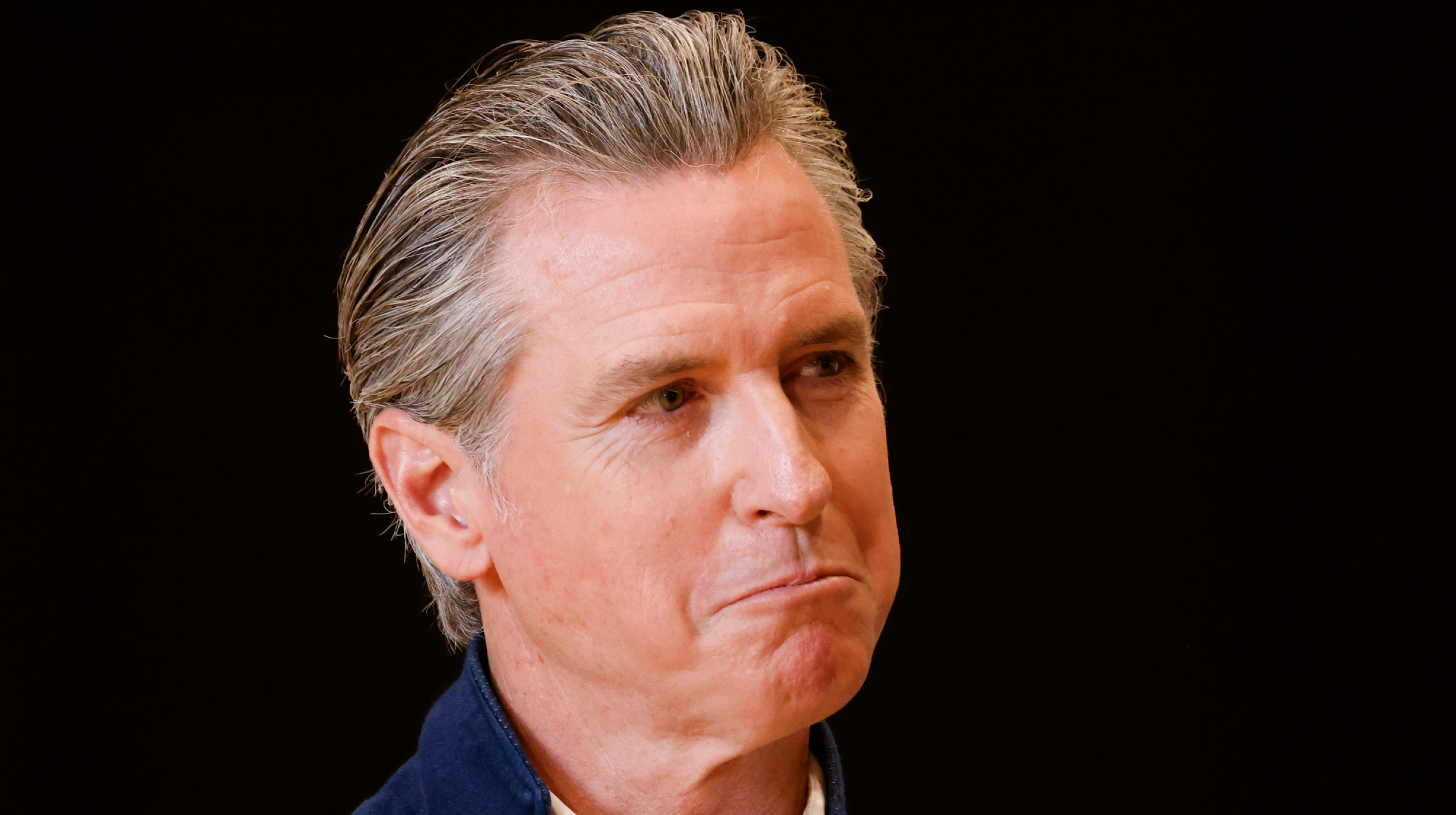 Gavin Newsom mulls California redistricting to counter Texas gerrymandering
Gavin Newsom mulls California redistricting to counter Texas gerrymanderingTALKING POINTS A controversial plan has become a major flashpoint among Democrats struggling for traction in the Trump era
-
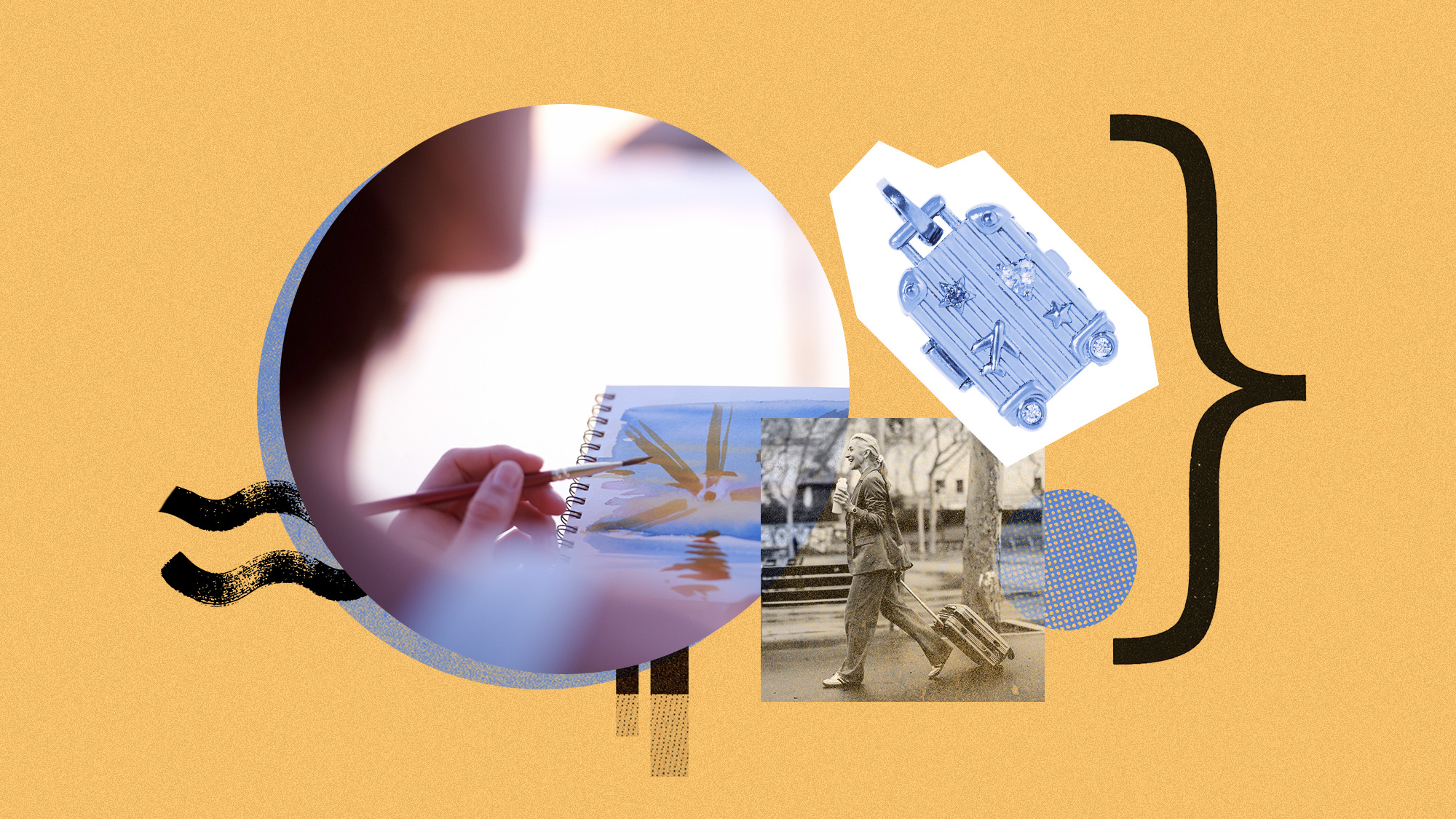 6 perfect gifts for travel lovers
6 perfect gifts for travel loversThe Week Recommends The best trip is the one that lives on and on
-
 How can you get the maximum Social Security retirement benefit?
How can you get the maximum Social Security retirement benefit?the explainer These steps can help boost the Social Security amount you receive
-
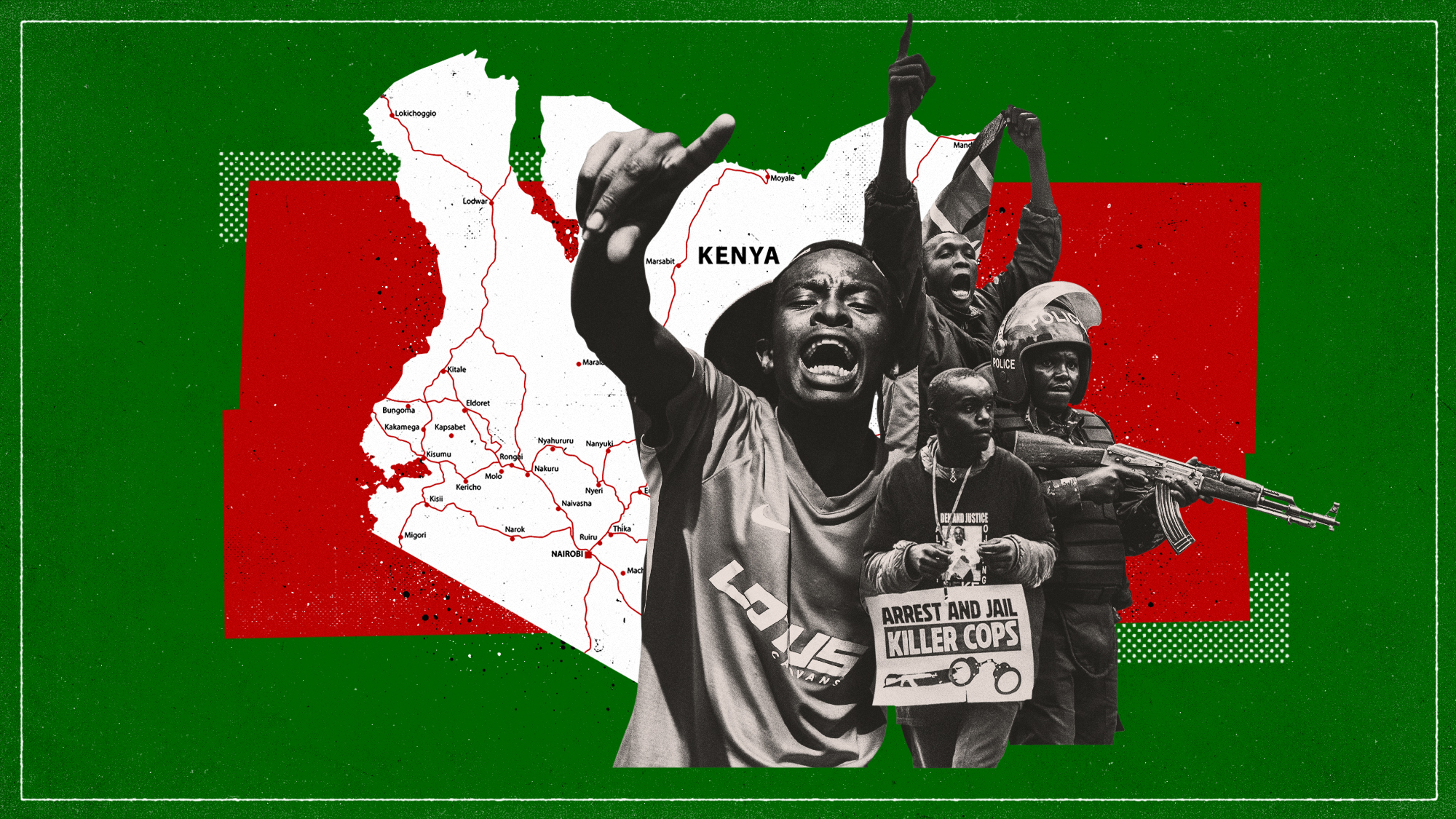 One year after mass protests, why are Kenyans taking to the streets again?
One year after mass protests, why are Kenyans taking to the streets again?today's big question More than 60 protesters died during demonstrations in 2024
-
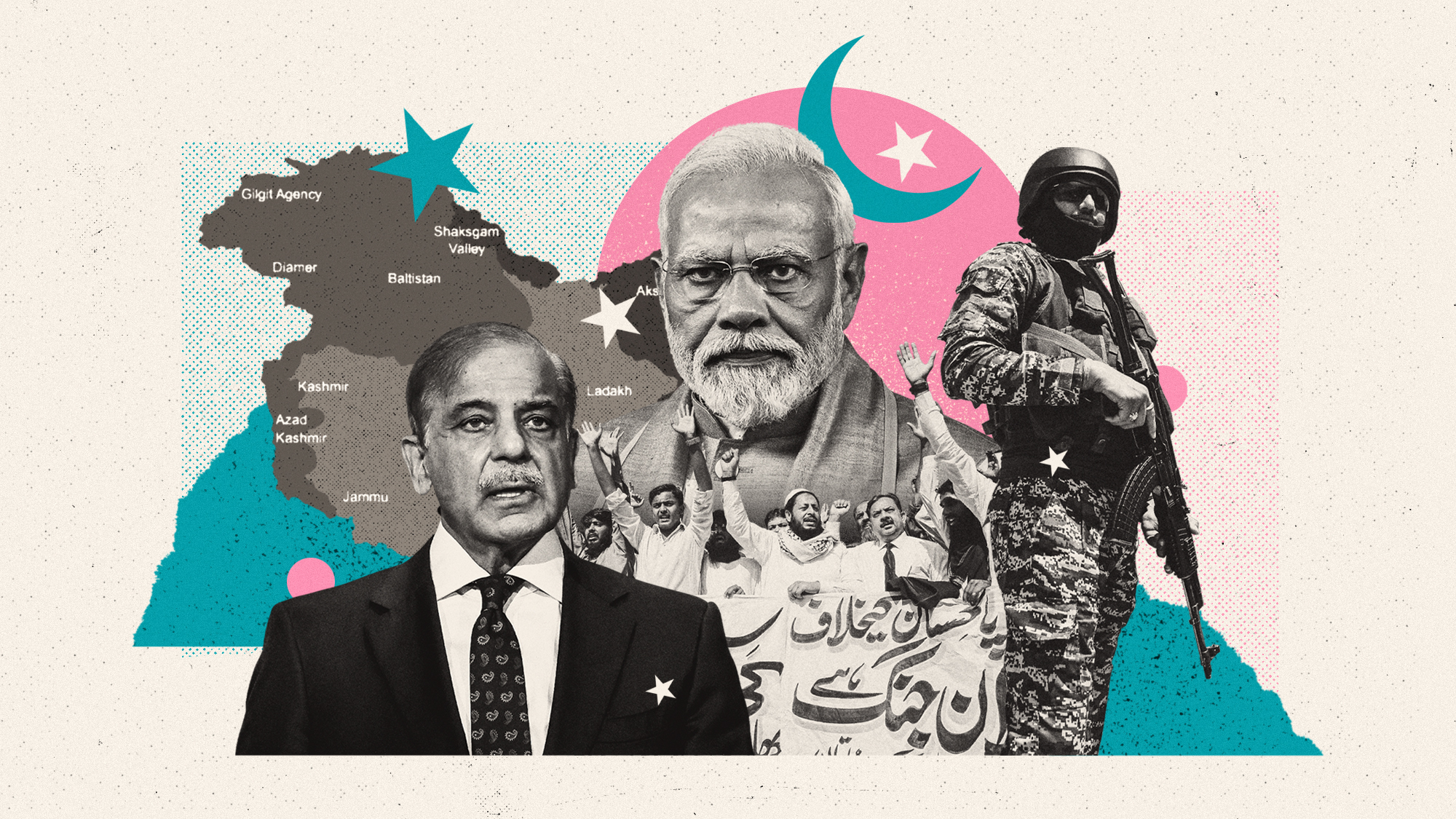 What happens if tensions between India and Pakistan boil over?
What happens if tensions between India and Pakistan boil over?TODAY'S BIG QUESTION As the two nuclear-armed neighbors rattle their sabers in the wake of a terrorist attack on the contested Kashmir region, experts worry that the worst might be yet to come
-
 Why Russia removed the Taliban's terrorist designation
Why Russia removed the Taliban's terrorist designationThe Explainer Russia had designated the Taliban as a terrorist group over 20 years ago
-
 Inside the Israel-Turkey geopolitical dance across Syria
Inside the Israel-Turkey geopolitical dance across SyriaTHE EXPLAINER As Syria struggles in the wake of the Assad regime's collapse, its neighbors are carefully coordinating to avoid potential military confrontations
-
 'Like a sound from hell': Serbia and sonic weapons
'Like a sound from hell': Serbia and sonic weaponsThe Explainer Half a million people sign petition alleging Serbian police used an illegal 'sound cannon' to disrupt anti-government protests
-
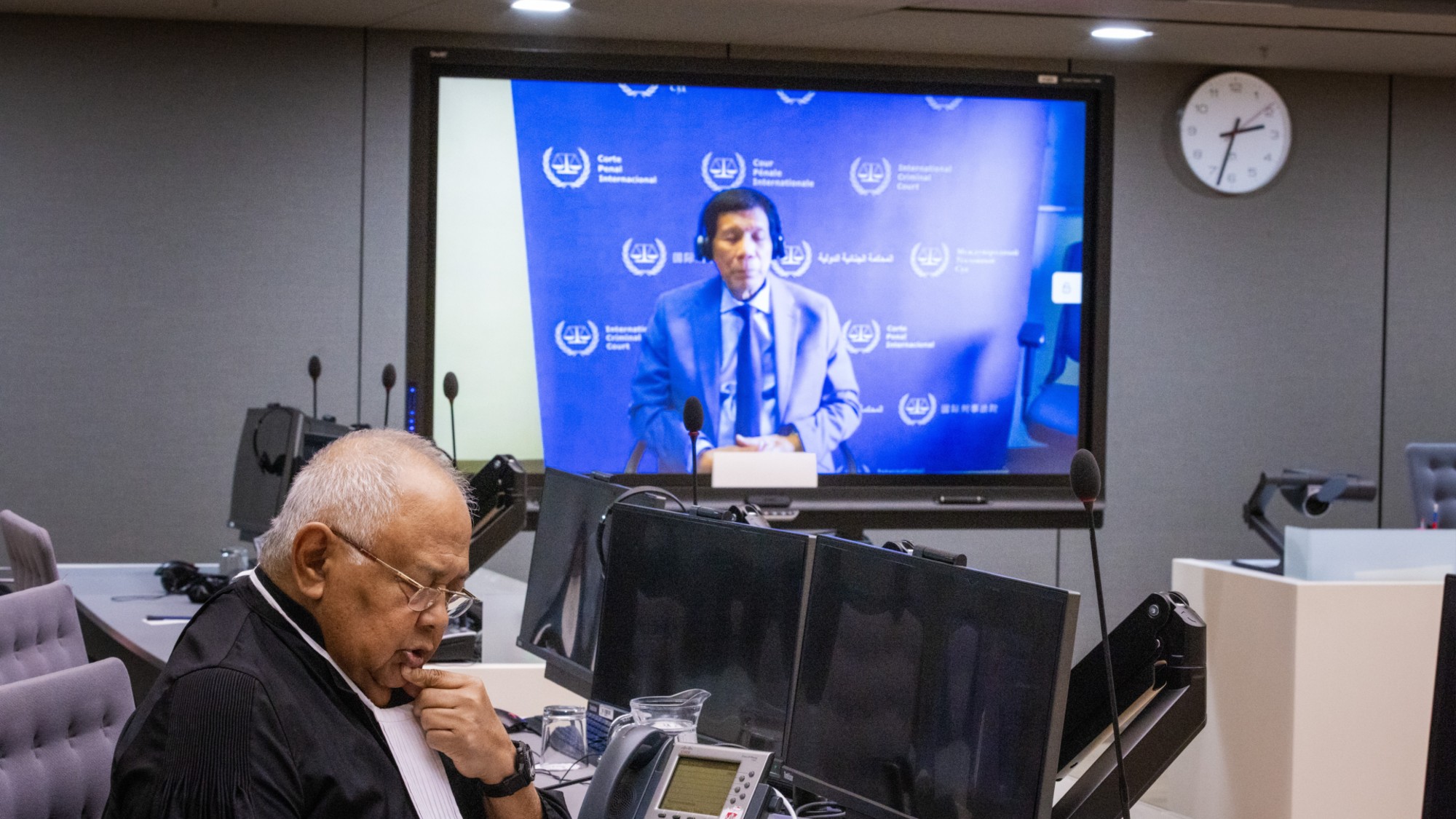 The arrest of the Philippines' former president leaves the country's drug war in disarray
The arrest of the Philippines' former president leaves the country's drug war in disarrayIn the Spotlight Rodrigo Duterte was arrested by the ICC earlier this month
-
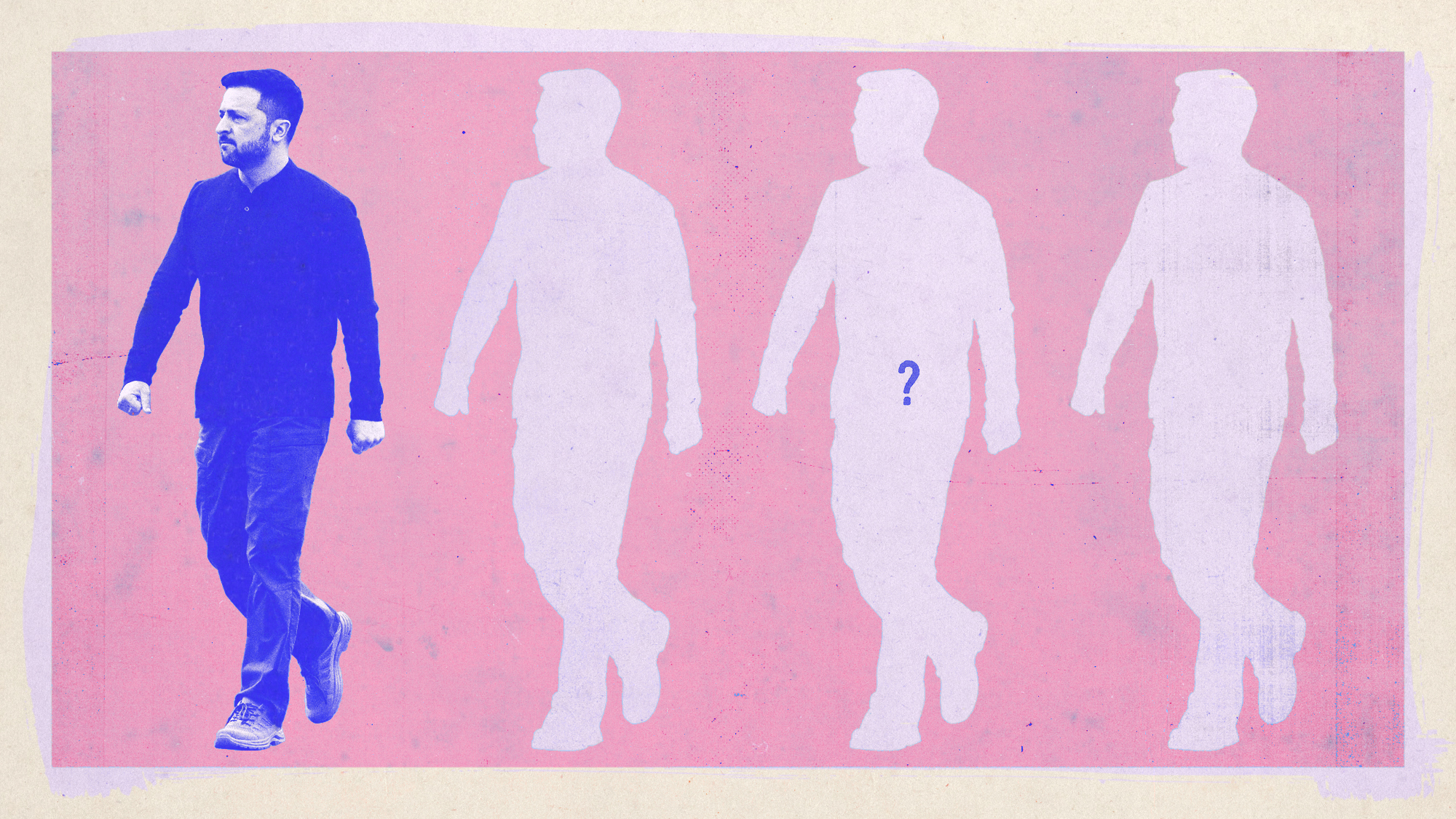 Ukrainian election: who could replace Zelenskyy?
Ukrainian election: who could replace Zelenskyy?The Explainer Donald Trump's 'dictator' jibe raises pressure on Ukraine to the polls while the country is under martial law
-
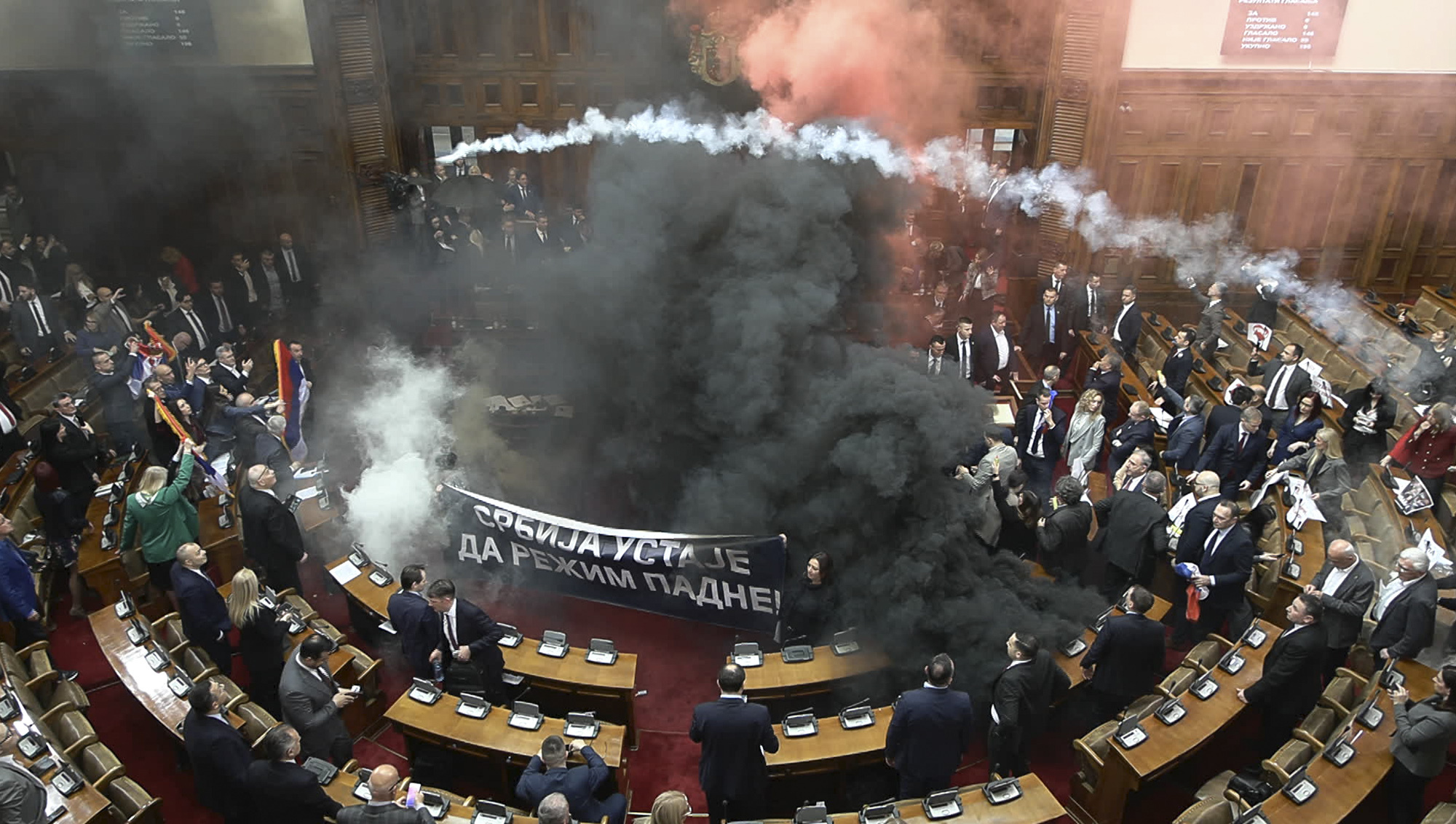 Why Serbian protesters set off smoke bombs in parliament
Why Serbian protesters set off smoke bombs in parliamentTHE EXPLAINER Ongoing anti-corruption protests erupted into full view this week as Serbian protesters threw the country's legislature into chaos
